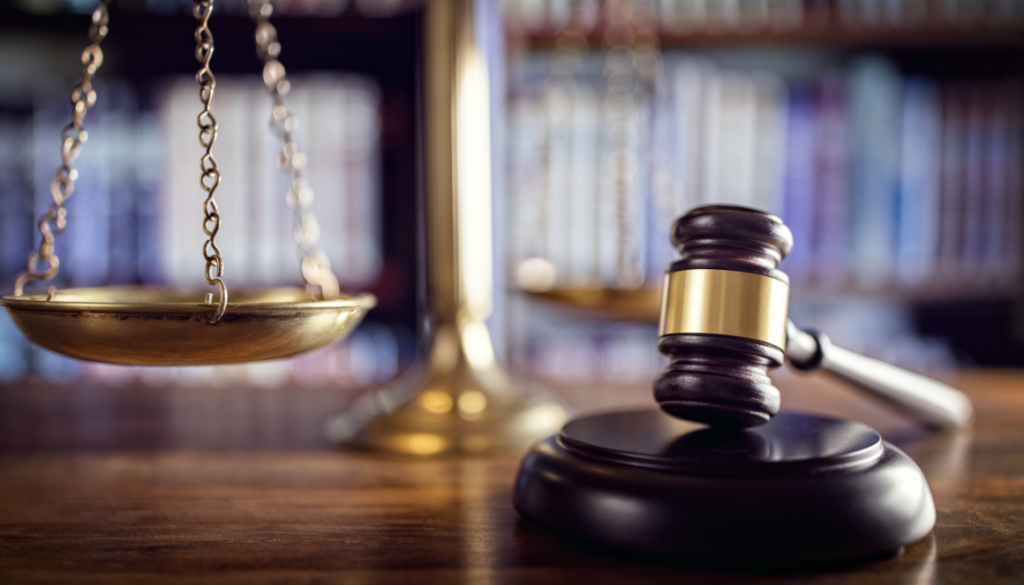There’s A Leadership Lesson To Be Learned From Brett Kavanaugh’s #MeToo Moment
Washington and the American judicial system have been rocked over the past week by mounting allegations of sexual impropriety and crude drunken behavior by Supreme Court nominee Brett Kavanaugh. With these allegations, which he vehemently denies, Kavanaugh joins a growing list of public figures who have fallen into the crosshairs of the #MeToo movement.
In a statement reported by The Washington Post, Kavanaugh proclaimed, “I categorically and unequivocally deny this allegation. I did not do this back in high school or at any time.”
Kavanaugh reinforced his denial by appearing on Fox News for an interview Monday evening, suggesting the allegations are false and unfair.
"The truth is, I've never sexually assaulted anyone." —Brett Kavanaugh
Watch @marthamaccallum's full interview with Judge Kavanaugh and his wife Ashley tonight on Fox News Channel at 7p ET. https://t.co/QFmLfIwW4R pic.twitter.com/iWVoDt2ADc
— Fox News (@FoxNews) September 24, 2018
While Kavanaugh showed restraint during the interview, sticking to his talking points and refraining from showing direct aggression toward his accusers, some allies of the Supreme Court nominee, including President Donald Trump, have rallied against the accusers themselves. Of the second accuser, The Washington Post reports Trump said she was “totally inebriated and all messed up.” He went on to say “The second accuser thinks maybe it could have been him, maybe not. She admits she was drunk. She admits time lapses.”
This controversy raises a question for business leaders, politicians, celebrities and other public figures who have or could one day face accusations of sexual misconduct: what are your public relations options in those situations?
In January I published an article based on my Skype interview with Sakyong Mipham Rinpoche. Several months later, reports of sexual misconduct surfaced and prompted him to step down from his administrative and teaching roles within the Shambhala Buddhist community, as reported by The Guardian.
Shortly thereafter, a family member texted me about those reports and asked if there are any effective public relations defense options in those situations other than full denial and discrediting the accusers. The fact is, as I told him, that there are really just two ethical options.
The first option pertains only to people who believe they are truly innocent, like actor Aziz Ansari, who in January was the target of a salacious article posted on Babe.net which suggested the actor had committed sexual assault. I published an article at the peak of the controversy which was highly critical of the reckless reporting that allowed the original post to spiral out of control. My defense of Ansari was the right approach in that situation – going after the irresponsible journalism and editorial decisions that gave those unfounded claims of a specific crime, sexual assault, life in the first place. You do not, however, go after the accuser.
The second option, for those who are fully or partially responsible for the acts they are accused of, is to own it. They need to publicly take accountability, issue a sincere apology to the survivor, voluntarily step out of the spotlight, get help and allow sufficient time for healing among all parties impacted by their actions and behaviors. When the time is right, they’ll likely be able to resurface as a better person and resume their career in some capacity. Comedian Louis C.K. took this approach after accounts of sexual misconduct went public last year, and last month The New York Times reported that he returned to stand-up comedy stage to an ovation from fans.
While this sounds like a frightening option, it is the only ethical response for those who have been exposed for true acts of sexual impropriety. Real leadership – whether in Silicon Valley, Wall Street, Hollywood or the Beltway – requires an inordinate level of accountability, empathy and decency. And the #MeToo movement, and subsequent public relations response in each situation, continues to expose those qualities – or lack thereof – within the accused and their allies alike.
Brian Hart is an award-winning communications consultant and founder of Flackable, a national, full-service public relations and digital marketing agency headquartered in Philadelphia. Follow Brian on Twitter at @BrianHartPR.




